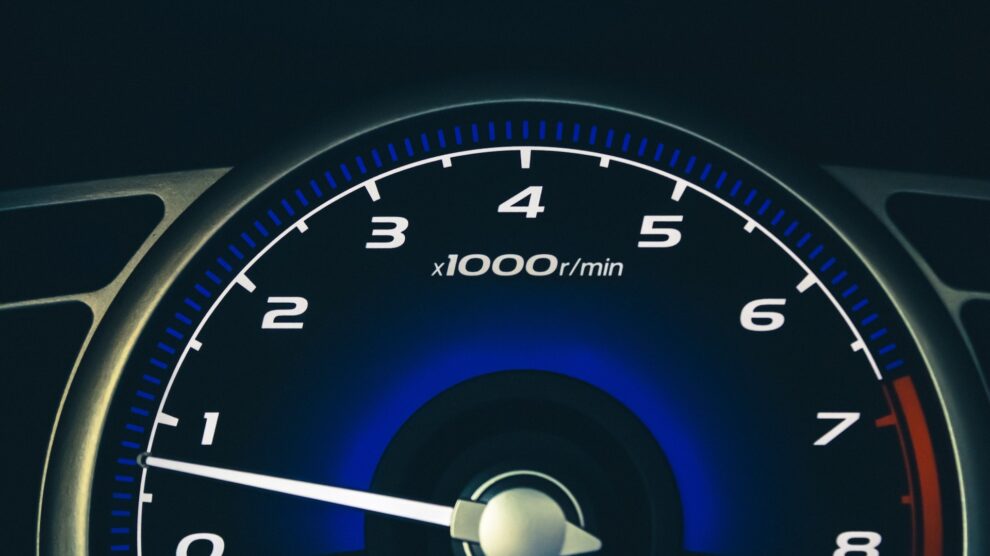Be honest: when was the last time you waited longer than 6 or 7 seconds for a website to load? How often will you sit, staring at a blank loading screen and feel confident that the website you’re about to visit is going to live up to your expectations?
Like it or not, the speed at which your website loads is very important for your SEO efforts in 2023. But why? And how can you ensure yours is loading optimally?
Read on and we’ll tell you what you need to know (and we’ll be quick about it too).
Why is page load speed important for SEO in 2023?
There are two reasons:
- Because Google has announced it as a ranking factor (and what Google says goes).
- Because it impacts the overall user experience on your website.
The modern consumer doesn’t have time to waste. They don’t want to sit around waiting for a website to load, or to have to wait for 10 seconds in between loading pages – especially if they have to do a fair amount of navigating to find the products or information they need.
Can you imagine trying to look for a birthday present for your dad on an e-Commerce website that takes forever to load individual pages? You wouldn’t do it! You’d be out of there and onto a competitor website in no time.
The fact is, the speed at which your page’s load impacts your SEO in a multitude of ways, namely because it influences your bounce rate, time spent on a page, and your overall conversions.
- The slower the website loads, the more people will abandon it before even taking the time to read your title = high bounce rate.
- The longer your visitors have to wait in between pages loading; the less inclined they will be to stick around = less time spent on your website.
- And indeed, the worse your website performs, the less likely it will be for website visitors to convert into customers = lower conversion rate.
All of these signals and more will indicate to Google just how effective your website is. If your website is frequently sending negative signals, then Google will assume that your website isn’t very popular and thus you will be penalised with less visibility in the SERPs (search engine results pages).
How can you fix your website’s page load speed?
There are many, many optimizations you can make on your website that will invariably contribute to a faster loading website. Here are a few to keep an eye out for:
- Choose better web hosting (ideally on a private server).
- Compress your images (make them smaller file sizes without compromising on quality and resolution).
- Reduce the number of redirects.
- Enable browser caching.
- Utilise a content delivery network (CDN).
- Remove old plugins you no longer use.
- Delete any unused images in your back-end.
- Minify your JavaScript and CSS.
- Reduce the total amount of content on your page (this reputable SEO consultant in the Gold Coast can help you write powerful website copy that will say more to your customers in fewer words).
Conclusion: Giddy up!
Make page load speed your priority! It is a core web vital that must not be overlooked. You can test the speed at which your website loads and decide how much time you’d like to cut it down by in order for it to be performing optimally.
To give you a rough idea, e-Commerce websites that load within 2-seconds enjoy the highest conversions! So, that’s something to aim for.





